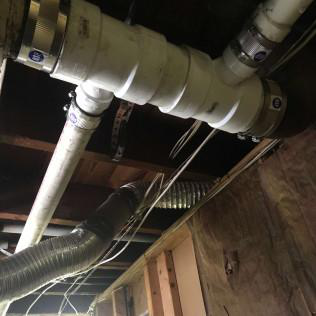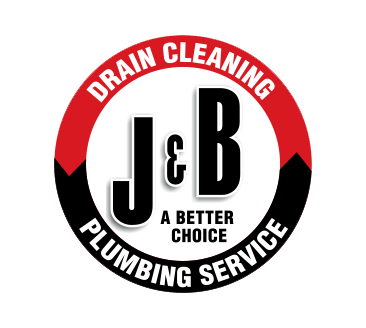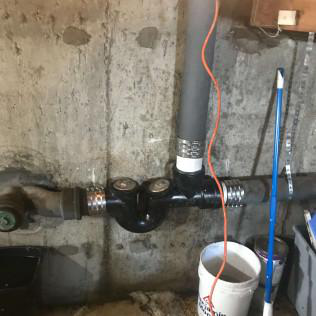A failing plumbing system can lead to water damage, high repair costs, and constant frustration. If your home needs pipe replacement, choosing the right material for your home’s repiping is crucial. With options like PEX, copper, and CPVC, it’s easy to get overwhelmed. Each material has its strengths and weaknesses, and the right choice depends on factors like durability, cost, water quality, and climate.
According to the Environmental Protection Agency (EPA), nearly 10% of homes have leaks wasting at least 90 gallons of water daily. Aging or faulty pipes are a major culprit. The right repiping material can save you from costly repairs, improve water quality, and boost efficiency. Let’s break down the pros and cons of different materials for your home’s repiping to help you make an informed decision.
PEX Pipes: Flexible, Affordable, and Easy to Install
Pros:
- Cost-effective – PEX is cheaper than copper and CPVC.
- Flexible and easy to install – Requires fewer fittings, reducing labor costs.
- Resistant to freezing – Expands when frozen, reducing burst risk.
- Corrosion-resistant – Doesn’t rust or corrode like metal pipes.
Cons:
- Sensitive to UV exposure – Not suitable for outdoor use.
- May leach chemicals – Some types contain BPA, which may affect water quality.
- Lower heat resistance – Can’t withstand very high temperatures like copper.
Best for: Homeowners looking for an affordable, quick-install option with minimal risk of leaks and bursts.
Copper Pipes: Durable and Long-Lasting
Pros:
- Extremely durable – Can last 50+ years.
- Resistant to bacteria and UV exposure – Ideal for outdoor and indoor plumbing.
- Handles high temperatures well – Perfect for hot water lines.
- Increases home value – Considered a high-quality material.
Cons:
- Expensive – Costs significantly more than PEX or CPVC.
- Prone to corrosion in acidic water – Not ideal for areas with low pH water.
- Difficult to install – Requires professional soldering, increasing labor costs.
Best for: Homeowners who prioritize durability, longevity, and high heat resistance—ideal for hot water systems and outdoor plumbing.
CPVC Pipes: Affordable and Heat-Resistant
Pros:
- Budget-friendly – Cheaper than copper but slightly pricier than PEX.
- Resistant to corrosion and chemicals – Doesn’t rust or degrade easily.
- Handles high temperatures well – Works well for hot water applications.
Cons:
- Brittle over time – More prone to cracking compared to PEX or copper.
- Difficult to install in cold weather – Becomes fragile in low temperatures.
- Not as flexible as PEX – Requires more fittings, increasing potential leak points.
Best for: Homeowners looking for a low-cost, heat-resistant alternative to copper—great for hot water lines but not ideal for extreme cold climates.
Which Pipe Material Should You Choose?
The right material for your home’s repiping depends on your priorities:
- On a budget? → PEX is the most affordable and easiest to install.
- Want durability? → Copper lasts the longest and resists bacteria.
- Need heat resistance at a lower cost? → CPVC handles hot water but isn’t as flexible as PEX.
Consulting a plumbing contractor can help you choose the best option based on your home’s plumbing needs and local water conditions.

Use The Best Material for Home’s Repiping Via J&B
A failing plumbing system can lead to leaks, high water bills, and costly repairs. If you’re dealing with frequent pipe issues, it’s time for an upgrade. At J&B Drain Cleaning and Plumbing Service, we offer professional pipe replacement solutions in Lindenhurst, NY, and the surrounding areas of Long Island tailored to your home’s needs. Whether you prefer PEX, copper, or CPVC, we’ll ensure a seamless installation for long-lasting results.
Contact us today for a consultation and get the right eco-friendly plumbing solutions for your home!


